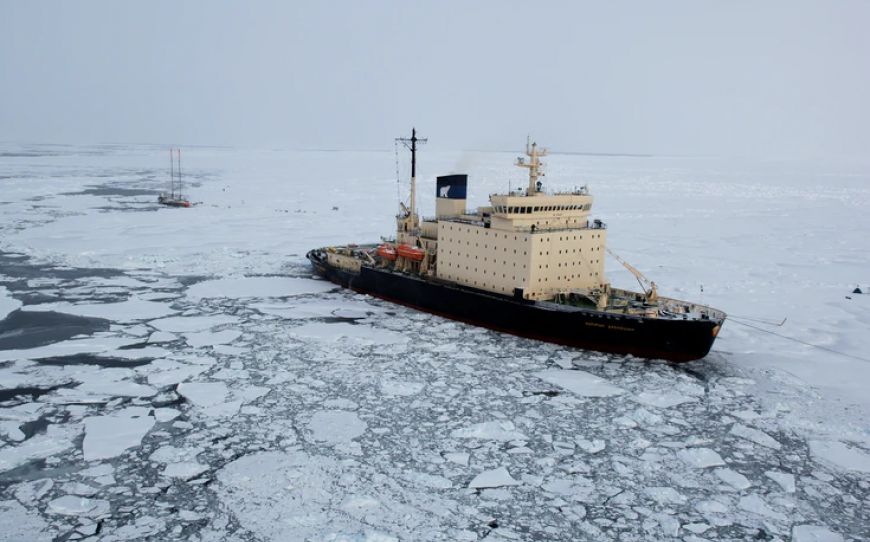4-Year Bachelor of Science Degree
The Vessel Operations & Technology (VOT) major leads to a Bachelor of Science degree. Vessel Operations & Technology majors, if qualified, may sit for the U.S. Coast Guard examination for 500-ton or 1600-ton Near-Coastal Mate’s License. Careers aboard tugs and barges, ferries, passenger vessels, tall ships, and mega-yachts await students who complete this curriculum.
The Vessel Operations and Technology curriculum is designed to prepare students for positions of responsibility as operators and managers of a variety of private and commercial vessels. The program is organized in a two-plus-two format offering a two-year Associate in Science degree in Small Vessel Operations and a four-year Bachelor of Science degree in Vessel Operations and Technology.
Four academic semesters, plus a cooperative work experience during the summer following the first year, lead to an Associate of Science degree. Four additional academic semesters plus two additional cooperative work experiences and a training cruise, lead to a Bachelor of Science degree. A student completing the B.S. degree requisites, two additional cooperative work experiences on appropriately-sized vessels, and a training cruise, and meeting the USCG requirements, may be eligible to sit for the USCG examination for a license as mate of vessels not more than 500 tons or 1600 tons (depending on their sea service), near coastal or oceans.
Sea Time and Cooperative Work Experiences
Students who seek the 500- or 1,600-ton mate’s license are required to complete 240 sea days on appropriate vessels. Sea time is acquired through laboratories, simulation, cooperative work experiences and a 14-day training cruise aboard the schooner Bowdoin.
Auxiliary Sail Concentration
For those looking for traditional sail training opportunities, we offer an Auxilary Sail concentration. With sufficient qualifying sea time under sail, and upon successful completion of a sail addendum examination, VOT and SVO licenses can be endorsed for Auxiliary Sail.
Dynamic Careers
Depending upon your major, you may find employment as an officer aboard a merchant marine ship, a tug or barge, a harbor pilot vessel, a U.S. Coast Guard or Navy vessel, a supply or dynamic positioning vessel, or tall ship.
ISCED Categories

